Antwerp
‘The Port of the Future’ to fly autonomous drones by 2022
In a bid to accelerate port innovations, the Port of Antwerp has deployed a fully autonomous drone for the first time in February 2021. As part of the “Port of the Future” platform, these drone tests aim to ensure safety in a complex port environment. Inter alia, the port authority intends to use this resource for infrastructure inspection, surveillance and control, incident management, berth management, and the detection of oil spots and floating waste.
Co-developed by DroneMatrix, the drone covers more than 120 km2 of the port of Antwerp. In parallel, Unifly has been appointed as the Port’s technology partner for the development of the Unmanned Traffic Management (UTM) system development. Geozone management system of this magnitude and intricacy is a ground breaking experience. Ultimately, the port authority’s goal is to secure the operating support of an autonomous drone network for the management of critical tasks by 2022.
Drones can contribute significantly to overall safety in this complex environment. This is because drones provide a unique aerial perspective and enable the port to manage, inspect, and control a large area quickly and safely.
The drone takes off from a fixed operational base near Kieldrechtsluis and travels through the port on a pre- determined route. What makes the use of drones to control and secure port activities more interesting is the fact that it is completely self-contained and recharges itself via an intelligent docking station controlled centrally via a web platform. Drones can also fly on demand, in case of emergencies.
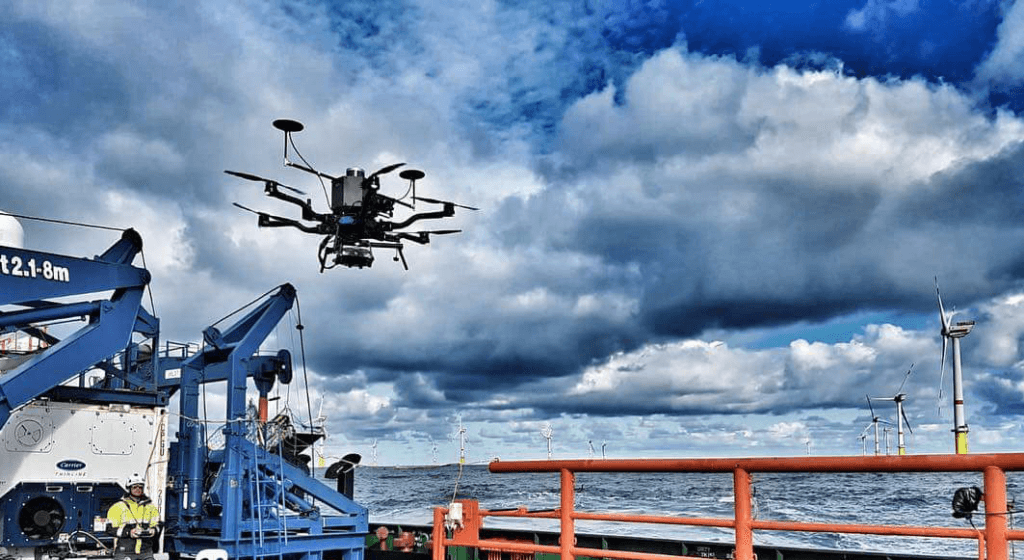
Port of Southampton
Verizon and ABP sign deal to deploy private 5G network
Early April, Verizon Business signed a deal with Associated British Ports (ABP) to build Europe’s first private 5G network at the Port of Southampton. The network developed in partnership with Nokia will provide secure and low-latency connections to selected areas of the East and West docks.
The 5G network is believed to be able to address problems of data gaps (loss of communications) caused by poor Wi-Fi connectivity. It will lay the groundwork for technologies such as real-time analytics, internet of things (IoT), and machine learning, before serving as a foundation for tracking goods, guiding autonomous vehicles, and indicate needs for predictive maintenance.
ABP, the port operator company is in charge of 21 ports. With this new development, the port of Southampton
will be the first of its kind in the UK mainland to have a private wireless 5G network. Almost 40 billion pounds of cargo is exported through Southampton each year. The same port also handles approximately 900,000 cars per year, in addition to welcoming cruise passengers, making it one of the busiest ports in the UK.
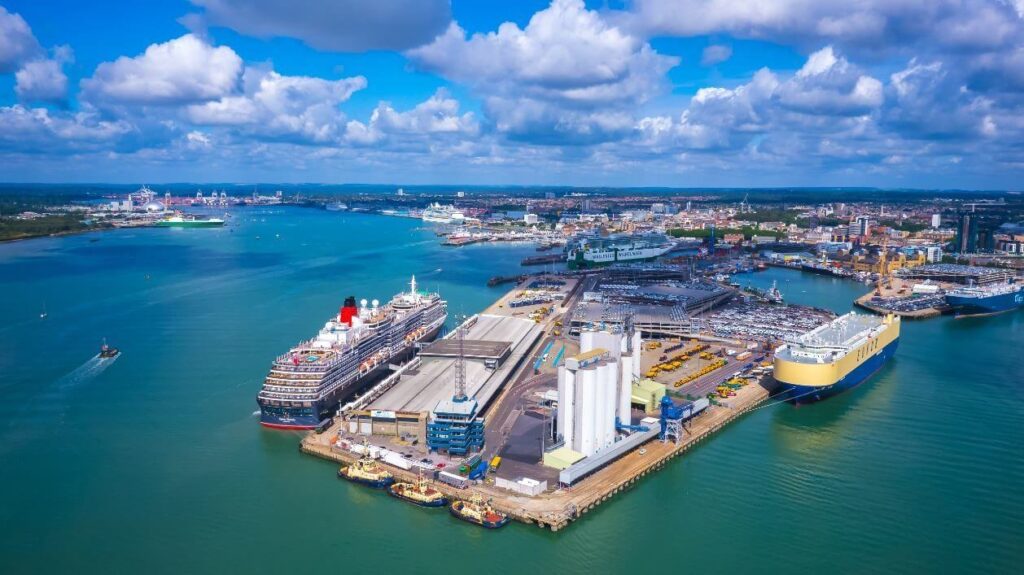
EARTH 300
A scientific exploration and innovation ship
“I believe that working with capitalistic models that incorporate and promote the environment is now mandatory,” states Aaron Oliver, founder of the futurist project EARTH 300. Seized by the feeling of urgency to contribute in helping and saving the Environment, he has launched the idea of bringing together billionaires, researchers, artists, students and crew aboard a state- of-the-art vessel powered by nuclear energy.
The project was officially launched at Clifford Pier, in Singapore earlier this year. “My quest became marrying science, technology, adventure, exploration, education and entertainment in ways never before imagined,” says Aaron Oliver.
Scheduled for 2025 it the ship will be equipped with 22 laboratories, and will host 160 of the world’s leading scientists, 20 Experts-in-Residence, 20 students, 40 VIP guests and 165 crew members.
The ship will be 295 metres long, 46 metres wide and 61 metres high. It will also consist of 20 VIP Cabins for private citizens. The ship will capture data using thousands of built-in sensors and will operate the first commercial ocean-going quantum computer. To achieve its objective of running on powerful yet sustainable energy, Earth 300 project partner Core Power will provide a ship-borne molten-salt reactor, a technology led by the Bill Gates-founded U.S. nuclear company TerraPower. Aaron Olivera specifies that all research done aboard the futuristic ship would be “open source” and be available and linked to support global climate research efforts.

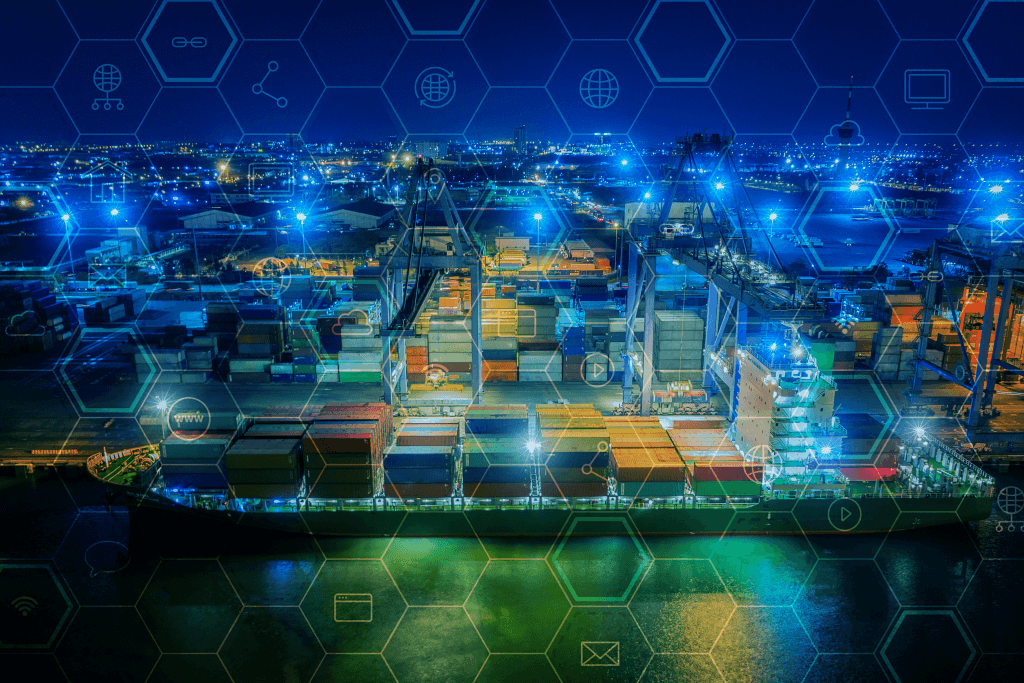
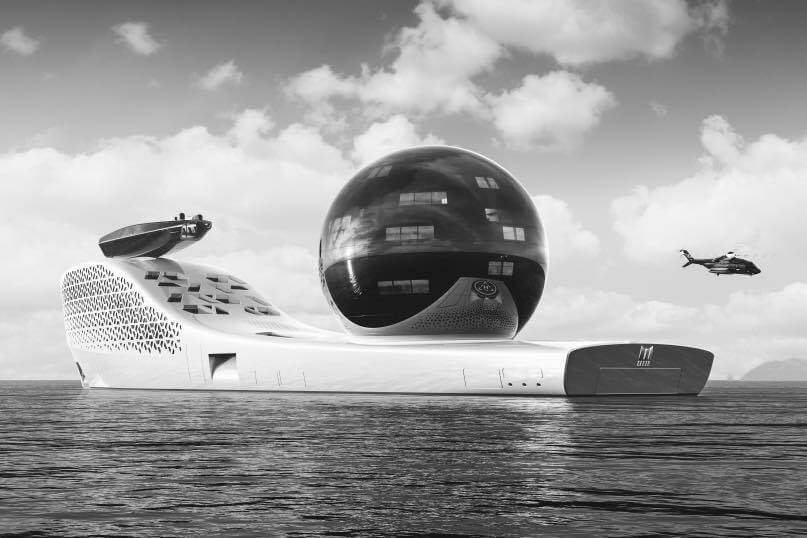
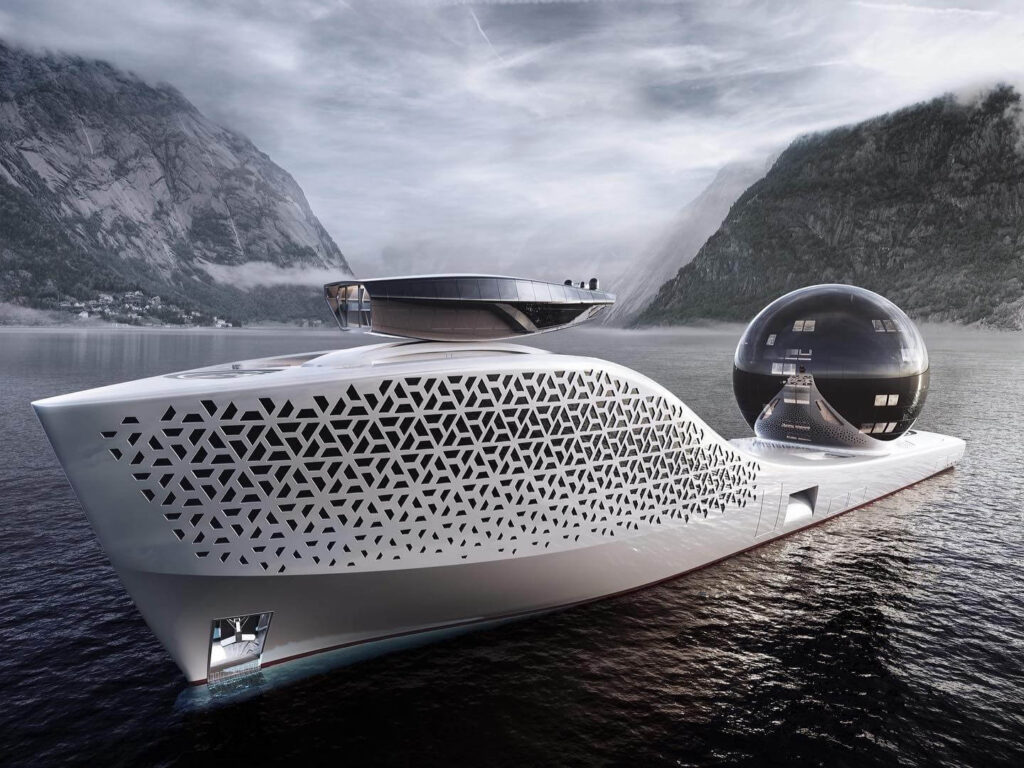

Comments are closed.